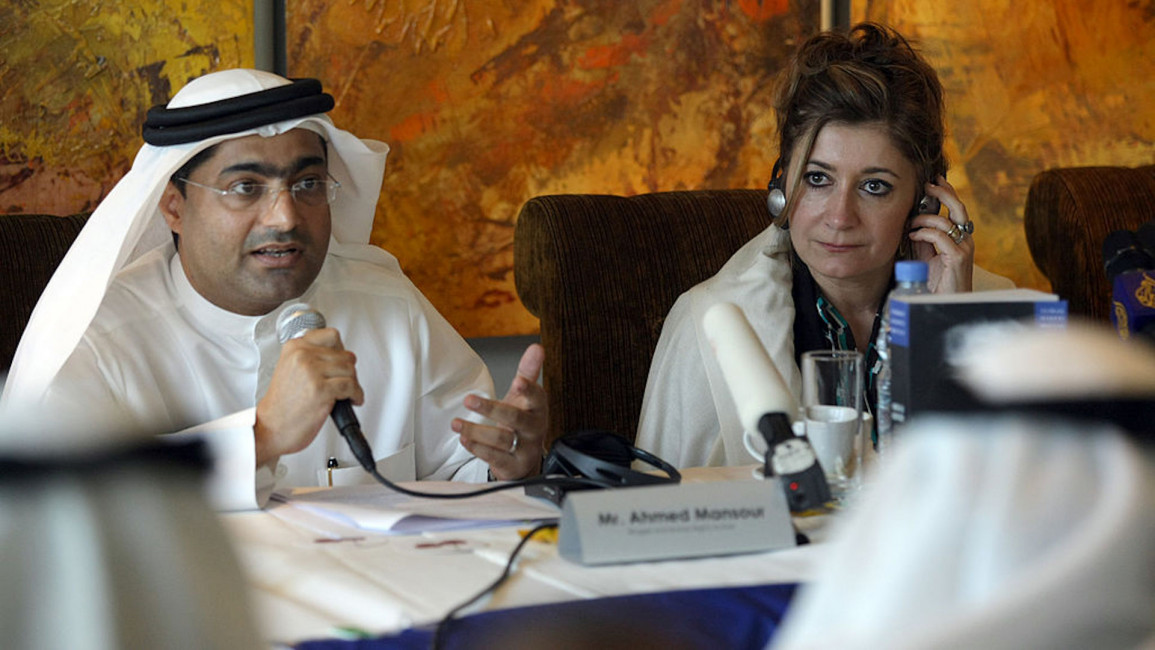Saudi Prince Mohammed bin Nayef's detention comes as 'no surprise,' says HRW Middle East chief
"It is an irony of fate that reports indicate the former Saudi minister of interior, Mohammed bin Nayef, was barred (from travel) and detained without due process, given his role in imposing thousands of decisions involving travel bans and arbitrary detention on Saudis," said Sarah Leah Whitson according to a tweet posted by the Arabic twitter account of the international rights watchdog.
Whitson later re-tweeted the quote.
In English, she had earlier posted a more succinct and slightly different version, tweeting: "Hundreds of Saudis subject to unlawful travel bans, imprisoned in Saudi w/o process. MBN imposed many of these. No surprise he is now target".
Twitter Post
|
The recently deposed heir to the throne of Saudi Arabia was reportedly confined to his palace and barred from travelling abroad after he was replaced by the king's son as the crown prince.
Mohammed bin Nayef, who was also relieved of his role as interior minister a week ago, has effectively been placed under house arrest in the coastal city of Jeddah, four current and former US officials and Saudis close to the royal family told The New York Times in a report published on Wednesday.
King Salman, 81, has named his son Mohammed bin Salman crown prince after firing Mohammed bin Nayef, whose counter-terrorism expertise had made him a favourite of previous US administrations.
An unnamed Saudi source told the newspaper that the restrictions had been imposed immediately after Mohammed bin Salman's promotion.
"Mohammed bin Nayef returned to his palace in Jeddah to find that his trusted guards had been replaced by guards loyal to Mohammed bin Salman... since then, he has been prevented from leaving the palace," the source said.
Over the past two years Mohammed bin Salman, the architect of the disastrous war in Yemen, has accumulated vast powers at the expense of Mohammed bin Nayef, 57.
But a Saudi official told Reuters on Thursday that the reports of Mohammed bin Nayef's captivity were "100 percent" untrue.
Bin Salman's eventual rise has been long-predicted, but the timing of the appointment, in the midst of the largest Gulf diplomatic crisis in several years, will be sure to raise eyebrows.
The young prince is seen as close to the US administration of Donald Trump and is thought to be behind Riyadh's ratcheting up of tensions with Iran and its attempted isolation of Qatar.
Saudi media has portrayed a smooth transition of power between the two princes.
Saudi news channels have repeatedly aired footage of the younger Mohammed bin Salman kissing the hand and bowing to his older cousin Mohammed bin Nayef, who offers his congratulations.


![Minnesota Tim Walz is working to court Muslim voters. [Getty]](/sites/default/files/styles/image_684x385/public/2169747529.jpeg?h=a5f2f23a&itok=b63Wif2V)




![Debris near Rafic Hariri International Airport [Getty]](/sites/default/files/styles/image_330x185/public/2176162423.jpeg?h=a5f2f23a&itok=MCSK9mkM)
![An Israeli air strike on Jabalia killed teenage journalist Hassan Hamad [Screengrab/X]](/sites/default/files/styles/image_330x185/public/2024-10/hassan%20hamad1.jpg?h=c12e0b96&itok=Rd_dyCVp)
